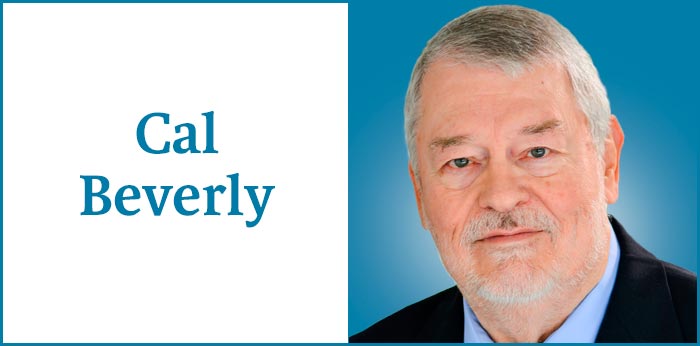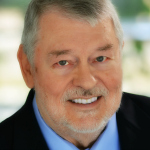OK, here it is: I really like small towns. I was born in and spent the first 18 years of my life in a river town of 5,000 population. It had a city center; indeed it had had one since the 1830s. It was purposefully laid out in an east-west, north-south grid of streets.
The two largest cities in Fayette County are putting our money where their mouths are to either create from scratch or expand upon an existing city center (or, in Peachtree City-spelling: “City Centre”).
Let’s examine that determined push to change what’s at the heart of Fayetteville and Peachtree City.
I am NOT against the idea of a city center for either municipality. I’m rather more for them than against the notion, but with conditions. Meanwhile, some red flags are waving.
Several cities in Georgia either have developed or are planning to develop such centers. We’ll talk about them in coming weeks.
Here’s Point 1: Most of them already had a city center, but they were old, needed facelifts, and were insufficiently hip to modern sensibilities.
Here’s my sub-point: City centers have developed over the millennia mainly as a result of commerce, market forces, not as government creations.
A government — any non-socialist government — simply cannot force businesses to move into their new government-planned city centers. To paraphrase Ronald Reagan: I’m from the government and I’m here to make you a brand-new city center. Pardon my skepticism, but I just don’t have high hopes for government-led free market creation.
So let’s look at Peachtree City’s announced intention to create a city center where none existed before.
“As a city, we need to look at the future of Highway 54 from highways 54/74 to City Hall and devise a master plan for that area to help spur redevelopment,” Peachtree City Mayor Vanessa Fleisch said in her State of the City Address 14 months ago.
“This idea came out of the discussions with our comprehensive plan citizen committee and our commissions and authorities. A grant application will be submitted in order to help pay for this master plan. Now is the time to look at ways to incentivize redevelopment of our residential and commercial areas.”
She and the council have followed through with the request last month for a $160,000 grant to start the study rolling.
So, they are serious about this, no idle talk.
Mayor Ed Johnson announced more than a year ago that Fayetteville also intended to spend some serious public funding to buy land a couple of blocks off the town square and build a new city hall. They have bought the former Fayette School System central office, plan to demolish it by May of this year, and start building a big new HQ, the first built-to-order city hall Fayetteville will have ever had.
“Through town hall meetings and other means of getting citizen inputs, we have heard what the citizens’ desires are; they want a vibrant, safe, downtown with parks and walkability. They want a sense of place,” Johnson said in a story in The Citizen in February 2018.
He also gave a heads-up about who’s going to pay for it: “Given that our millage rate is comparatively low, we may choose to increase it for a period of time to help fund strategic items like public safety staffing and initiatives along with Town Center City Hall and green space area,” he said.
We now have moved well beyond the talking stage into the actual spending of millions of public dollars.
Here’s my Point 2: Who’s driving this train? Did I miss a voter referendum that demanded new city centers with millions of dollars in public money involved?
Oh, I see: Town hall meetings and other means of getting citizen inputs. “We’ve received invaluable input from many members of our community and from our leadership team to create this plan. In 2017 nearly 300 citizens participated in our comprehensive plan interactive sessions to breathe life into the ideas around how the city should be organized and developed. Their input and vision for the future is the foundation on which we build for a better, Fayetteville community,” Mayor Johnson said.
Hmmm, 300 citizens “participated” in Fayetteville “sessions.”
“This idea came out of the discussions with our comprehensive plan citizen committee and our commissions and authorities,” Mayor Fleisch said a year ago.
Hmmm, citizen committee and commissions and authorities are the genesis for this push for a City Centre.
OK, you could argue that our elected officials and city staffs are doing what we paid them to do: Lead, identify problems and come up with solutions.
Yeah, but …
Read what the big dog in city planning has to say: ““One consequence of the development patterns of the past 50 years is that there are few public places in suburbia where all segments of society can get together to interact, to celebrate, to stroll, to protest, to sit and watch the world go by, or just to enjoy day-to-day living. The reason: these types of places are typically found in and around downtowns, and downtowns were never part of the suburban dream.”
That’s from the Urban Land Institute. With more than 42,000 members worldwide, it’s the oldest and largest network of cross-disciplinary real estate and land use experts in the world. But look at its name: “Urban.”
ULI has a definition that both Fayetteville and Peachtree City seem to have bought into: “A town center is an enduring, walkable, and integrated open-air, multi-use development that is organized around a clearly identifiable and energized public realm where citizens can gather and strengthen their community bonds.
“It is anchored by retail, dining, and leisure uses, as well as by vertical or horizontal residential uses. At least one other type of development is included in a town center, such as office, hospitality, civic, and cultural uses. Over time, a town center should evolve into the densest, most compact, and most diverse part of a community, with strong connections to its surroundings.”
I point out some words worth your attention: “vertical or horizontal residential uses,” “the densest, most compact, and most diverse part of a community.”
The two cities’ elected officials and their planning staffs seem to have embraced this vision. Have you?
Email me your thoughts to [email protected], as well as your knowledge of other “city centers.” We’ll talk more.
[Cal Beverly has been editor and publisher of The Citizen since its founding in 1993. His backyard neighbor is the Aberdeen Village commercial center in one of the five villages of city-centerless Peachtree City.]













Leave a Comment
You must be logged in to post a comment.